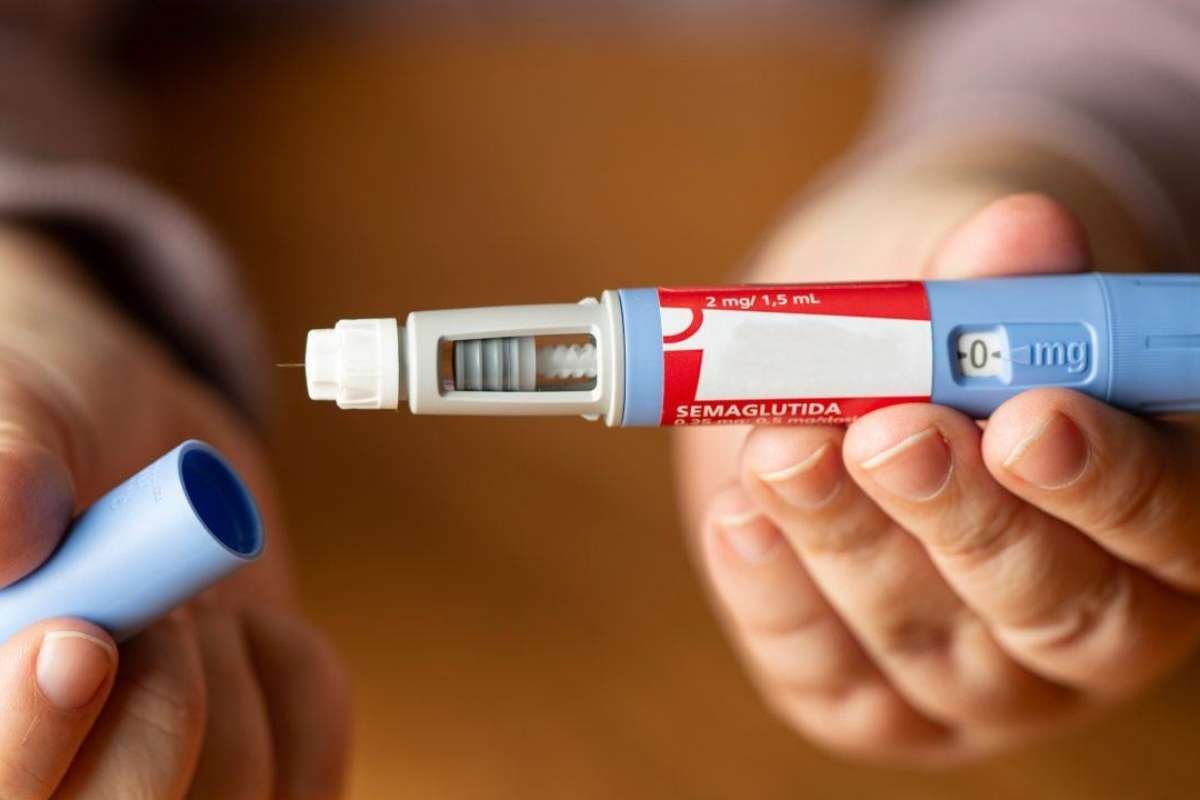A recent study published in the Journal of the American Heart Association has revealed a troubling connection between cannabis use and adverse cardiovascular outcomes. Conducted by researchers analyzing survey data from over 430,000 adults in the United States, the study sheds light on the heightened risk of heart attack and stroke associated with cannabis consumption. Here’s a closer look at the findings and implications of this groundbreaking research.
Research Highlights
The study analyzed data collected from 2016 to 2020 and found that individuals using cannabis, particularly through smoking, eating, or vaporizing, faced a significantly increased risk of heart attack and stroke. Importantly, this risk persisted even after accounting for factors such as tobacco use and other cardiovascular risk factors. Notably, both daily and non-daily cannabis users exhibited elevated odds of experiencing adverse cardiovascular outcomes compared to non-users.
Increasing Cannabis Use and Legalization
Despite federal restrictions on cannabis, its use has surged in recent years, with 24 states and Washington, D.C. legalizing recreational cannabis. The study underscores the urgency of addressing the potential health risks associated with increased cannabis consumption, given its widespread availability and growing acceptance.
Lead study author Dr. Abra Jeffers, Ph.D., warns of the lack of awareness regarding the cardiovascular risks of cannabis use, particularly as perceptions of its harm decrease. Dr. Jeffers highlights the need for evidence-based policies and interventions to mitigate the impact of cannabis-related cardiovascular complications.
Marijuana use linked to increased risk of heart attack and stroke, study finds
Study Methodology and Findings
The research analyzed survey data from adults aged 18 to 74, revealing a significant association between cannabis use and adverse cardiovascular outcomes, including coronary heart disease, risk of heart attack, and stroke. Notably, the risk was heightened among younger adults at risk for premature cardiovascular disease, underscoring the need for targeted interventions.
Dr. Robert L. Page II, a leading expert in cardiovascular health, emphasizes the study’s implications for population health and clinical practice. As cannabis use becomes increasingly prevalent, healthcare practitioners must prioritize assessing cannabis use during patient encounters and engage in non-judgmental discussions about potential cardiovascular risks.
Limitations and Future Directions
While the study provides valuable insights, it is not without limitations. Self-reported data and the absence of longitudinal health data pose challenges in assessing the long-term impact of cannabis use on cardiovascular health. Future research efforts should focus on prospective cohort studies to further elucidate this complex relationship.
The findings of this study underscore the critical need for heightened awareness of the cardiovascular risks associated with cannabis use. As cannabis legalization and accessibility continue to expand, healthcare practitioners must remain vigilant in educating patients about potential health risks and implementing evidence-based interventions to mitigate these risks. By prioritizing cardiovascular health in cannabis-related discussions, we can safeguard the well-being of individuals and promote healthier communities.










